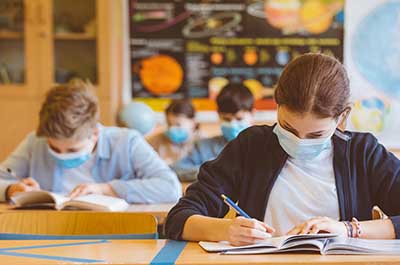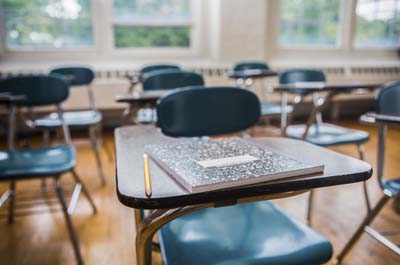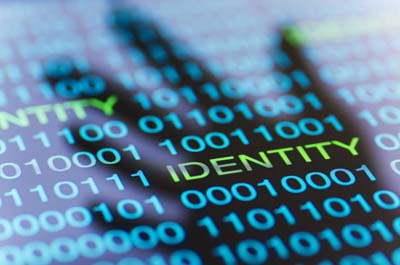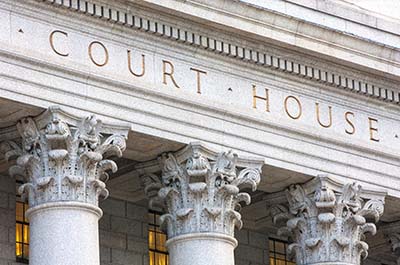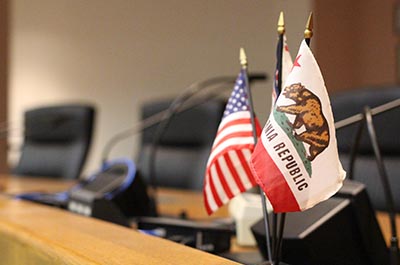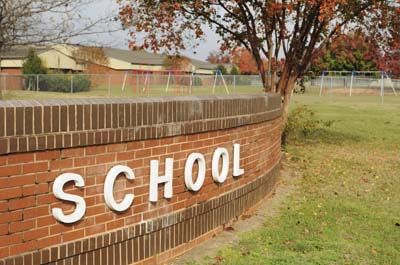While COVID-19 dominated the focus of new rules and protocols during 2021, the California Legislature enacted several other new laws that school districts must be ready to put in place for 2022.
On September 29, 2020, Governor Newsom signed Senate Bill (SB) 493, requiring postsecondary institutions to take certain actions and implement certain procedures related to sexual harassment prevention and handling complaints of sexual harassment.
Senate Bill (SB) 24, signed into law on October 11, 2021, added section 6323.5 to the Family Code, which will allow courts, commencing January 1, 2023, to issue restraining orders prohibiting a party from accessing “records and information pertaining to the health care, education, daycare, recreational activities, or employment of a minor child of the parties.
A California Court of Appeal has held that a school district and its employees are not responsible for the safety of a student when the student is not on school property, unless the student is involved in activities undertaken or supervised by the school district.
Since their initial release in 1994, school officials have looked to “Dear Colleague Letters” (DCLs) issued by the United States Department of Education’s Office for Civil Rights (OCR) as guidance on the implementation of federal special education and disability laws.
On October 8, 2021, the Governor signed Assembly Bills (AB) 559 and 824 into law. AB 559 provides a new process for identifying schools that county superintendents are required to inspect each year. AB 824 authorizes county boards of education and charter schools to appoint high school pupils as members of their governing boards in response to a student petition.
The California Legislature, believing many school districts were inaccurately reporting the numbers of homeless youth residing within their boundaries across the state, enacted Assembly Bill (AB) 27 and Senate Bill (SB) 400 to improve the identification and enrollment for homeless youth residing within a local educational agency’s (LEA) boundaries.
Three new bills signed by Governor Newsom impact student health including requiring the development of type 1 diabetes information to be made available to parents or guardians, making menstrual products more accessible in public school restrooms, and informing students on the best practices for returning to exercise and physical activity after displaying symptoms of or testing positive for COVID-1
/>Governor Newsom has signed two bills—Assembly Bill (AB) 516 and Senate Bill (SB) 14—that will modify the Education Code to extend its existing list of excused school absences by adding cultural ceremonies or events and expanding illnesses to include mental or behavioral health.


